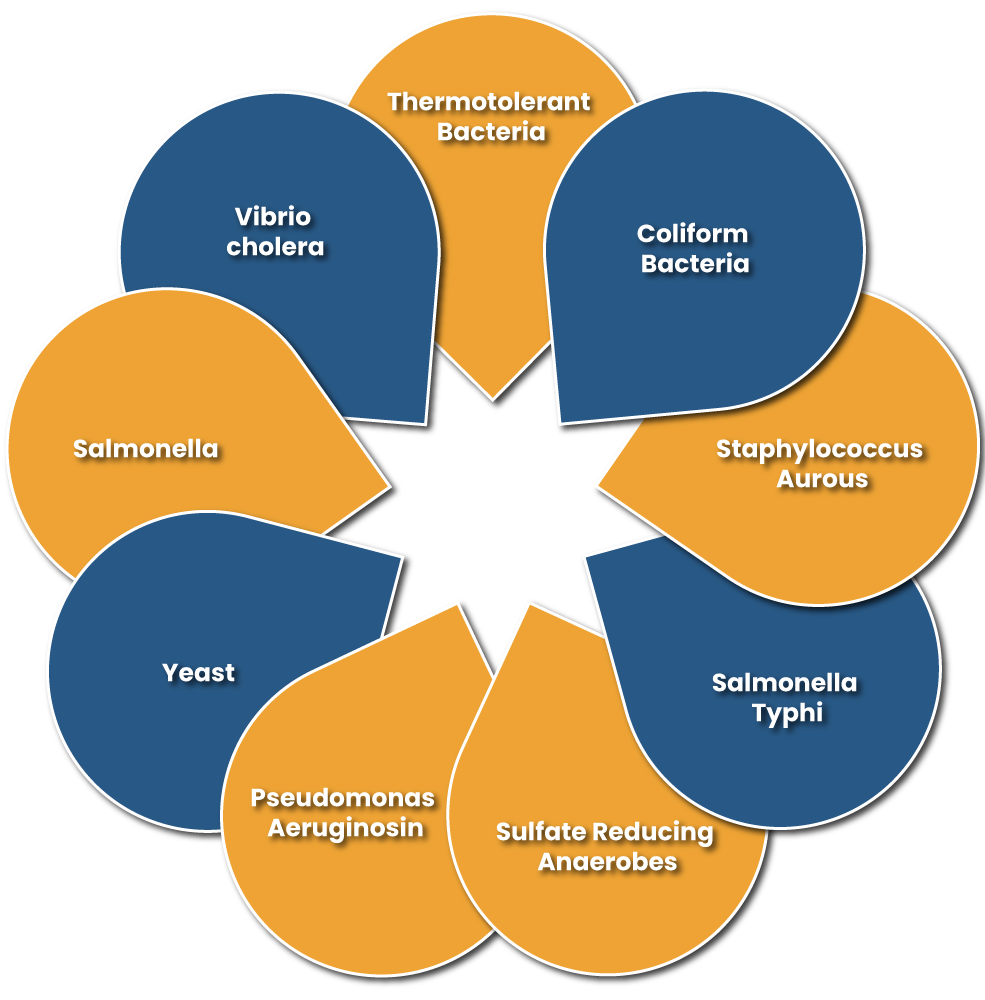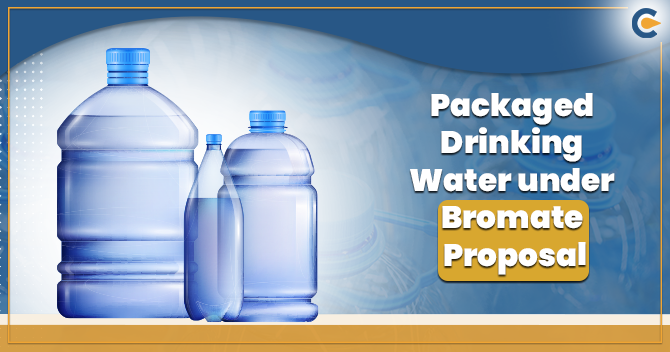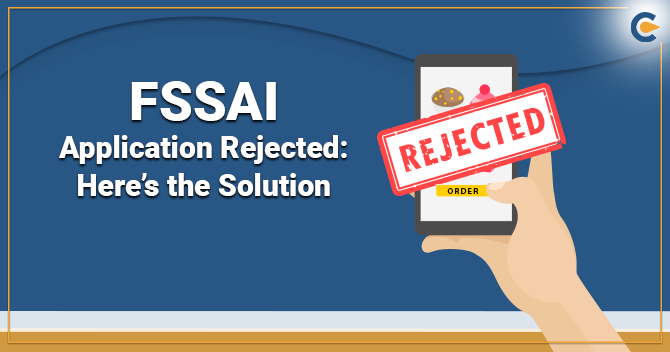According to the section 31 of the Food and Safety Standard Act, to run a packaged drinking water business in India, the entrepreneur is required to obtain a FSSAI license. He can get a license through FSSAI registration. Packaged drinking water bottles are considered as a part of food products. The entrepreneur has to follow the FSSAI standards to get the license.
FSSAI Introduced Bromate Proposal
The FSSAI department is authorized to work on food business-related activities. In May 2016, FSSAI introduced a “Bromate Proposal” for 10 micrograms per liter of potentially cancer-causing contaminated drinking water, which is in line with best international practices.
In a written statement FSSAI mentioned that the “bromate proposal” is a draft and will be finalized after receiving input from the shareholders of the companies. The process of setting standards for food articles is a continuously evolving process.
Use of Bromate was not allowed in packaged drinking water in India at the time of the “Bromate Proposal” proposed by the FSSAI. The “Bromate Proposal” was put in the public domain for 30 days for feedback.
Read our article:Everything you need to know about FSSAI License Renewal & Validity
FSSAI Standards for Packaged Drinking Water
The packaged drinking water plant must fulfill the below-discussed FSSAI Standards
- Packaged drinking water requires specific treatments such as decantation, filtration, radiation, a membrane with membrane filter, etc. and all this will serve to purify drinking water.
- Packers must assure that packaged drinking water is thoroughly cleaned using chemical agents or physical processes so that the level of microorganisms is under scientifically accepted levels for food safety or its suitability.
- If the packaged drinking water plant is using the seawater, then it should be desalinized before it is subject to the above treatments.
Microorganisms Should Not Be Used for Packaged Drinking Water as per the FSSAI Standards
The manufacturers who are involved in the process of the packaged drinking water need to follow the microbiological FSSAI standards for packaged drinking water. According to the FSSAI stanadard, a package involving the 250ml of water has to be free from the below-discussed microorganisms-


Parameters Should Be Related To Following Elements
- A toxic substance is a substance that can be poisonous or dangerous for health[1].
- Radioactive Leftover Part
- Pesticide Leftover Part
Research of Bhabha Atomic Centre
In January 2015, scientists at the Bhabha Atomic Research Center picked up some bottled water samples. Bhabha Atomic Research Centre published the samples reflecting high levels of 27% bromated in bottled water samples.
The new standards of bottled water set by the FSSAI licensing authority assumed that this contaminated water could be found in the water in certain cases and set the limits of the percentage of bromate in the bottled water. FSSAI has to be kept in mind ground realities before setting up the bromate percentage in the water.
Suggestion Given by World Health Organization
The World Health Organization (WHO) put some light on the “bromate proposal” and suggested that toxic restrictions ideally should not be present at all in drinking water. In countries such as the US and the European Union, there were some restrictions in laboratories in the year 2005 based on limited capacity.
These countries set the use of the bromate limit at 10% in one liter to make it easier to detect the presence of bromate in laboratory tests. The World Health Organization has suggested that the use of bromate should be in drinking water within a specified range.
FSSAI Updated the List of Additives
The FSSAI updated the list of additives for which the draft was placed in the public domain. After the completion of this standard-setting exercise for approximately 11,000 additives, all issues that arose from discrepancies in vertical standards, such as packaged water, were automatically taken care of.
The list of additives ultimately surpassed all existing vertical standards of additives & toxins. FSSAI packaged drinking water guidelines have been set in a very effective manner.
Latest Directions and FSSAI Standards
- FSSAI amended certain conditions for packaged drinking water which came into effect from January 1 2021.
- Packaged drinking water should include the magnesium, calcium, of at least 20 to 75 mg per liter.
- As per the Food Safety and Standards fourth Amendment Regulations, 2019, the calcium and magnesium should be in packaged drinking water.
- The limit has been set at 20-75 mg per liter and in the range of 10 to 30 mg per liter respectively.
Concluding Remarks
India is a rich in many forms of natural resources. However, with chronic mismanagement, today the country faces a shortage of water, sanitation, and health care issues in its overall development path. Many disadvantaged communities in the country lack access to safe drinking water, sanitation practices, and affordable healthcare and sustainable systems to enhance their livelihoods.
FSSAI defends the bromate proposal by making ground that bromate as an additive to bread but a toxin for bottled water. The use of bromate in a standard manner will never harm the health of people and cause cancer; it will always help the packaged drinking water to remain fresh.
The list of additives was finalized by FSSAI along with their level of maximum use, which does not deal with toxins. Kindly associate with the Corpbiz expert to know more about the FSSAI standards for packaged drinking water.
Read our article:What are the Types of FSSAI License underlining the Concept of FSSAI Registration?











